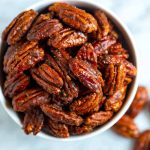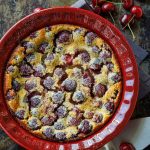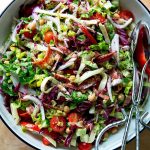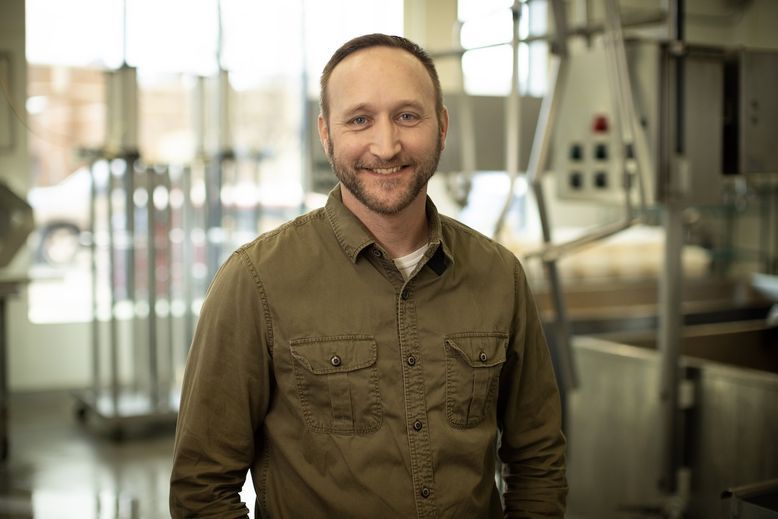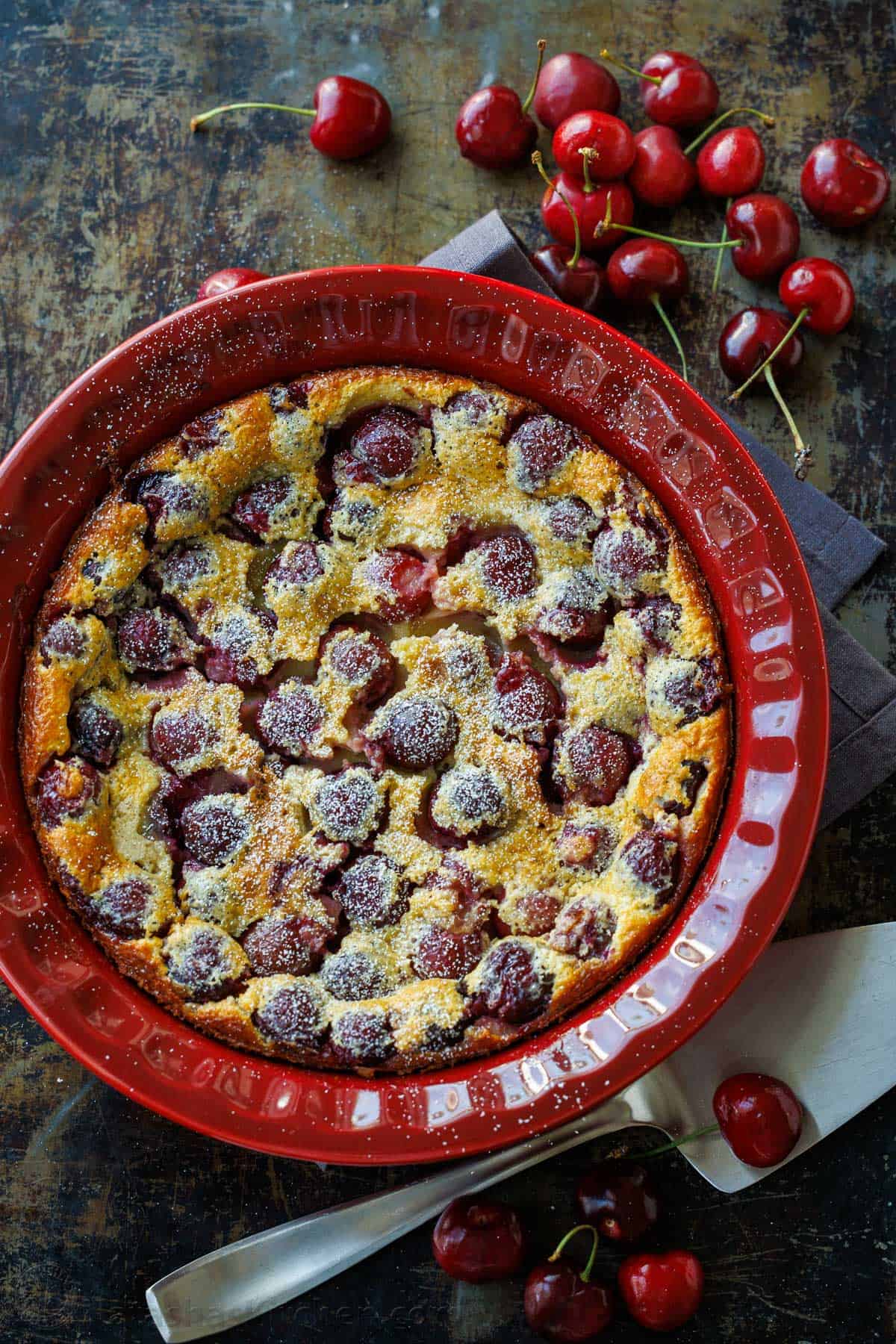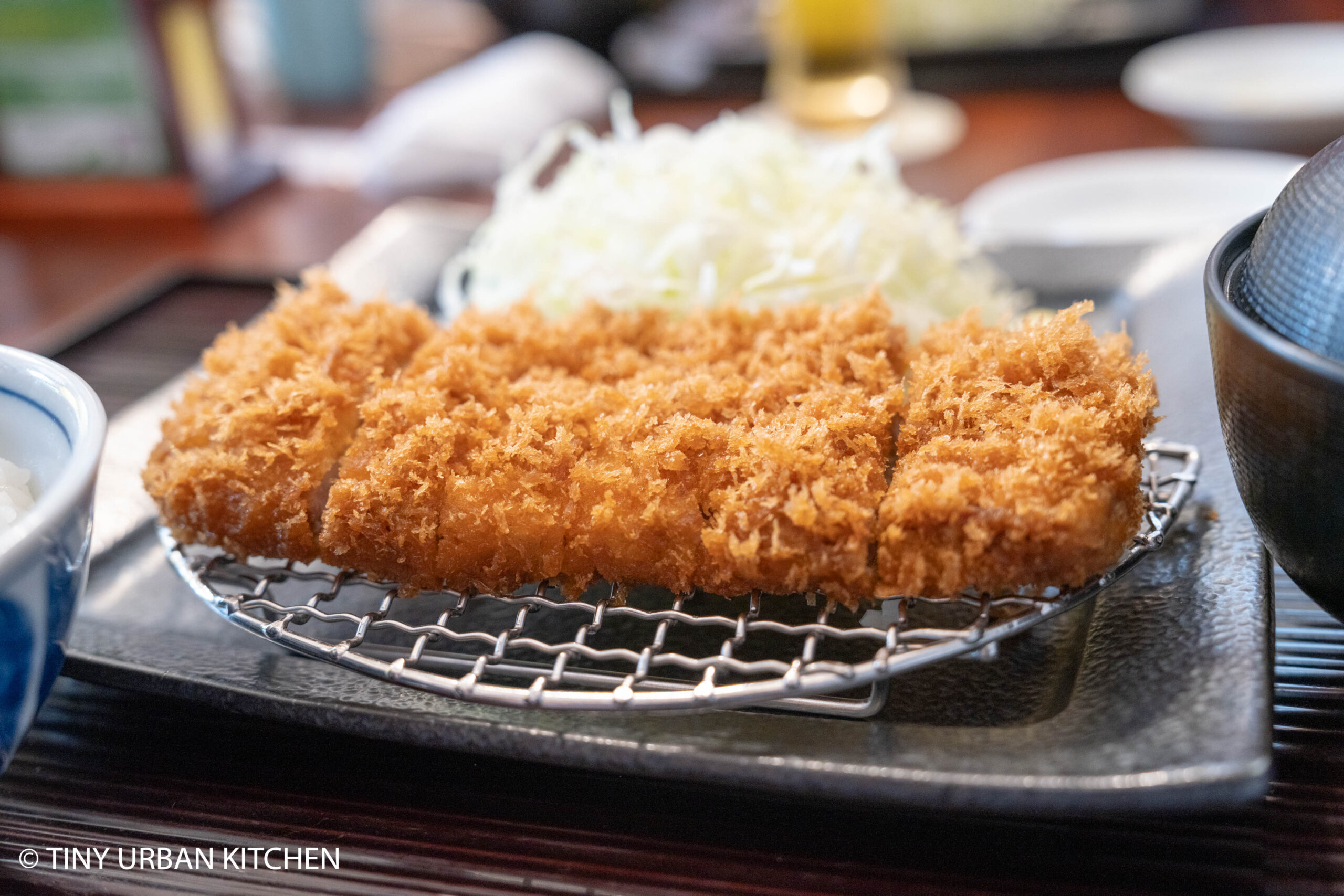We’ve teamed up with Wisconsin Cheese for an interview mini-series called Meet the Makers, featuring a sampling of the state’s finest cheesemakers and their award-winning creations.
If you grew up in the ‘90s like I did, chances are high that you also watched the charmingly British series of short films featuring Wallace and his clever dog, Gromit. In an installment titled A Grand Day Out, Wallace and Gromit realize they’ve eaten through their cheese stores, so they embark on a quest to find more. Naturally, their journey takes them to the moon—that big, pale yellow orb in the sky with its Swiss cheese-like holes. Spoiler alert: Wallace and Gromit discover that the moon is not, in fact, made of cheese and return home without any additional curds in tow.
Wisconsin cheesemaker and Hill Valley Dairy founder Ron Henningfeld looked to the moon with similar cheesy curiosity when making his first ever cheese, Luna—and the rest is history. Today, Ron and his wife Josie churn out wheel after wheel of this celestial-inspired cheese along with an impressive lineup of cheddars, Goudas, and cheese curds, all made using milk from his brother’s family farm. I sat down with Ron to learn more about his moon cheese, their milk-to-market model, and what it means to be a cheesemaker in Wisconsin.
This interview has been edited and condensed for clarity.
MADISON TRAPKIN: Can you tell me who you are and what you do?
RON HENNINGFELD: I am a cheesemaker at Hill Valley Dairy and I make small batches of artisan cheese using milk from my brother’s dairy farm
What does it mean to be a Wisconsin cheesemaker?
I think to be a cheesemaker in Wisconsin means to be part of a family, part of a community. We’re all rooting for each other [and] trying to make the best Wisconsin cheese that we can.
How cool is it when you get to actually watch somebody take their first bite of one of your cheeses?
When I get to see customers try [our] cheeses for the first time and I get to see the reaction, it’s rewarding just to see them smile or nod or give this notion [that] they’re enjoying it. That’s the rewarding side of cheesemaking. When people ask me what I like about being a cheesemaker, of course I like starting with our family’s milk and making cheese, but I also enjoy that cheese makes people happy. I like making a product that makes people happy.
What does “milk-to-market” mean?
What we do at Hill Valley Dairy is a little bit unique [in] that we’re able to use milk from only our family’s farm to make the cheeses we produce. It makes me think of that first day when I started Hill Valley Dairy and we got a load of milk, a small truckload from the farm, and brought it to the creamery. I’d already been a cheesemaker for a few years, but this was the first time I was making cheese with milk from our family farm. That was just really, really special. It was special to make that product, share it with the family, and ultimately sell it to customers. So milk to market is a direct line. It’s not a marketing ploy—it’s very tangible, especially with consumers wanting to know where [things] are from. It’s [about] knowing. Knowing the farm very personally, knowing my brother runs a fantastic farm and takes care of the animals—healthy animals and quality feed produce quality milk, which is ultimately what we need for producing great cheese.
Photo by Dusan Harminc
How does Hill Valley Dairy build community through cheese?
I think the community of cheese lovers existed for a long time and Hill Valley Dairy, but now [we] play a role in that. Our role is to keep producing great Wisconsin cheese. Whether it’s the farmers markets or the cheese shop or the cheese events, we provide a place for a community of cheese people to come gather, get good cheese, and talk about cheese. I think we also offer an entrance point for people who might not know yet how much they do appreciate cheese. When we can put some really good cheese in front of them that has a story and has a flavor and taste and profile to go with it, then we’re growing this community to do more.
Let’s talk cheese—tell me about the origin story for Luna.
I’ve been a cheesemaker for about 12 years now and it’s become a big part of my life and my family’s life. My wife, Josie, and I are always talking about cheese. We all know [the story] of [how] the moon was made of cheese, and [Josie and I] always took that conversation further. If the moon was made of cheese, what would it taste like? So we would always have that banter about the moon and cheese and ultimately kind of having this idea of like, we should make a cheese that tastes like the moon.
When Hill Valley Dairy was younger, I was making some trials of cheeses that would be originals for [us]. There was a day that I brought three or four samples of cheeses to the kitchen table with Josie. We sat down and tasted a couple of varieties, and we got to this one. We tasted it and we were like this is Luna because [of] its crumbly texture, its saltiness, its tanginess, its nuttiness. It just kind of struck [us] that this is what the moon would taste like.
Photo by Dusan Harminc
You’ve made some award-winning cheeses over the years—what are some of the awards you’re most proud of?
Over the last two years I’ve submitted Luna and a couple of other cheeses into the World Cheese Championship competition and they’ve done very nicely. Luna has taken third in its class and fourth in its class in different years and its partner cheese, Alina, has taken fourth in its class as well. So those are, those are some awards we’re very proud of. In a world championship competition where there [are] over 3,000 entries and our does okay, that’s pretty impressive, honestly.
Your operation is unique in that your cheeses are made with milk from your family’s dairy. Do you feel that this allows you to be more nimble in your cheesemaking process?
I think having a constant source of milk from a single family farm actually leads to more consistency. I know that milk very personally [even as] it changes throughout the year. I think nimbleness comes from making small batches of cheese and being able to be hands-on with it.
If we need to make adjustments or want to make adjustments, we can. We can because it’s just a small batch and we can tweak things one way or the other if we’re trying to be consistent with the cheese or if we’re trying to change cheese, and especially if we’re trying to make a new cheese. Our batch sizes are really reasonable to play with and try some fun things and see what comes from it.
What does the future hold for Hill Valley Dairy?
We’re pretty excited right now. It was just months ago when we acquired our own micro-cheese factory. We’re excited for our staff to ramp up the cheeses we already make, get more of those into the market and to customers who are looking for it and in fact asking for them. So we’re excited to bring more milk from the family farm to the cheese factory, make more cheese, and reach a larger region. [We’re] also excited about the possibility of making a couple of new cheeses because we have control of our production facility in this space.
Our new production facility in Milwaukee has a front end that we are going to revamp into nice cheese retail, but also [as] a gathering place for people who love cheese.
What’s your favorite Hill Valley Dairy cheese? Tell us in the comments below!
Our friends at Wisconsin Cheese are committed to showcasing all the amazing cheeses the state has to offer—and there’s a lot of them. Wisconsin has more flavors, varieties, and styles of cheese than anywhere else in the world. From Italian classics like Parmesan and ricotta to Wisconsin Originals like Colby and Brick, this cheese-obsessed state has a little something for everyone. Find out more about Wisconsin Cheese by visiting their site.

